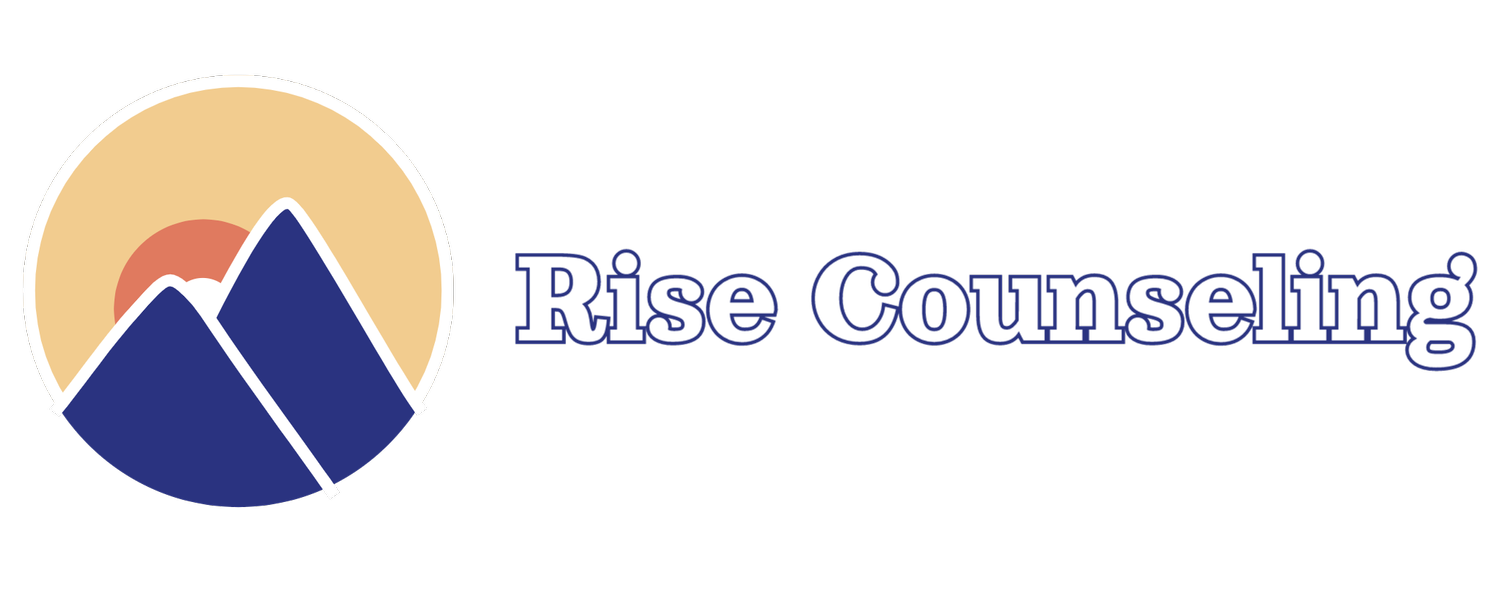Top 10 Books for Understanding PTSD & Trauma Recovery
Healing from trauma is a deeply personal journey, but one of the most empowering ways to begin is through knowledge. Books written by professionals, survivors, and trauma-informed voices can provide insight, comfort, and guidance.
Here are 10 of the books we find most impactful on PTSD and trauma recovery to help you (or someone you love) move toward healing:
1. The Body Keeps the Score by Bessel van der Kolk, M.D.
Essential Reading
This groundbreaking book explores how trauma reshapes both body and brain. Dr. van der Kolk, a leading expert in trauma, explains why traditional talk therapy may not be enough—and introduces innovative therapies like EMDR, yoga, and neurofeedback.
Why read it?
It’s the gold standard for understanding the science behind trauma and the holistic pathways to healing.
Quote to remember:
"Trauma is not just an event that took place in the past; it is also the imprint left by that experience on mind, brain, and body."
2. Waking the Tiger: Healing Trauma by Peter A. Levine, Ph.D.
A Somatic Perspective
Levine, creator of Somatic Experiencing, explains how trauma gets “stuck” in the nervous system and offers ways to gently release it. This book is ideal for people interested in the body-mind connection.
Why read it?
Accessible yet deep, it introduces a body-focused approach that’s helped thousands reclaim calm and presence.
Quote to Remember:
“The paradox of trauma is that it has both the power to destroy and the power to transform and resurrect.”
3. Trauma and Recovery by Judith Herman, M.D.
A Classic Text
Dr. Herman’s book redefined how we understand trauma, particularly in cases of interpersonal violence like domestic abuse and childhood trauma. It also connects trauma recovery to societal and political structures.
Why read it?
A foundational text that links personal healing with broader justice and systemic change.
Quote to Remember:
“Recovery can take place only within the context of relationships; it cannot occur in isolation.”
4. It Didn’t Start With You by Mark Wolynn
The Legacy of Inherited Trauma
Wolynn delves into how trauma can be passed down through generations, affecting thoughts, behaviors, and relationships. The book includes exercises to explore family history and patterns.
Why read it?
It expands the trauma lens to include epigenetics and ancestral wounds—powerful for understanding deeply rooted pain.
Quote to Remember:
“The past is never dead. It’s not even past.” – William Faulkner (quoted in the book)
5. What My Bones Know by Stephanie Foo
Memoir Meets Science
Journalist Stephanie Foo shares her journey living with Complex PTSD (C-PTSD), mixing deeply personal storytelling with clinical insight. It’s both raw and hopeful.
Why read it?
A vulnerable, relatable account that also educates—especially for those with C-PTSD.
Quote to Remember:
“Recovery isn’t about becoming a new person—it’s about reclaiming the person you were meant to be.”
6. The Complex PTSD Workbook by Arielle Schwartz, Ph.D.
Hands-On Healing
Dr. Schwartz offers a step-by-step workbook filled with exercises, affirmations, and tools to support people with C-PTSD.
Why read it?
Practical and compassionate—perfect for those who want to take active steps in their recovery.
Quote to Remember:
“Healing is not a destination—it’s a journey of becoming whole.”
7. Healing the Shame That Binds You by John Bradshaw
Inner Child and Shame Work
Bradshaw addresses the toxic shame that often accompanies trauma and how it hinders emotional well-being. His work draws on family systems, inner child healing, and spirituality.
Why read it?
Shame is a hidden driver of PTSD symptoms—this book helps untangle its grip.
Quote to Remember:
“Shame is the root of all addictions.”
8. The Deepest Well by Nadine Burke Harris, M.D.
Trauma and Health
Dr. Burke Harris reveals how Adverse Childhood Experiences (ACEs) shape physical and mental health across a lifetime. It’s a call to action for both individual healing and systemic change.
Why read it?
Links trauma to long-term health, making the case for early intervention and resilience.
Quote to Remember:
“What happens to you in childhood does not stay in your body—it affects everything from your immune system to your ability to learn.”
9. In an Unspoken Voice by Peter Levine
Body and Healing Continued
Another brilliant work by Levine, this book blends neuroscience, body-awareness, and case studies to show how we can restore our inner balance after trauma.
Why read it?
Deeper than Waking the Tiger, this is for readers ready to explore somatic healing in more depth.
Quote to Remember:
“Trauma is about loss of connection—to ourselves, to our bodies, to others, and to the world.”
10. My Grandmother's Hands by Resmaa Menakem
Racialized Trauma and the Body
Menakem, a therapist and trauma specialist, explores how trauma lives in our bodies—especially racialized trauma. He offers body-centered practices for healing across personal and collective experiences.
Why read it?
A must-read for anyone wanting to understand trauma through the lens of race, embodiment, and community healing.
Quote to Remember:
“If we are to survive as a country, it is inside our bodies where this conflict needs to be resolved.”
Final Thoughts
Reading about trauma doesn’t replace therapy, but it can be a powerful complement. Whether you’re beginning your journey or supporting someone else’s, these books offer understanding, compassion, and tools for resilience.
Reminder: You are not broken. Healing is possible, and you don’t have to do it alone.
